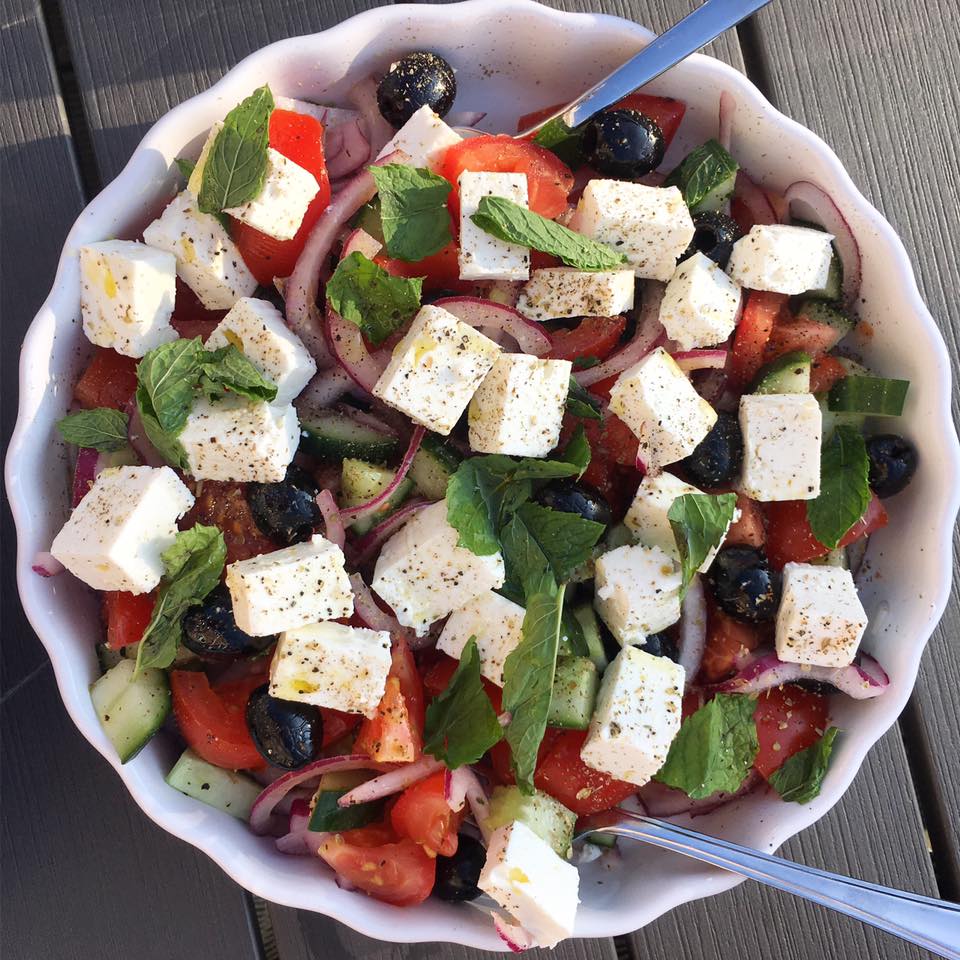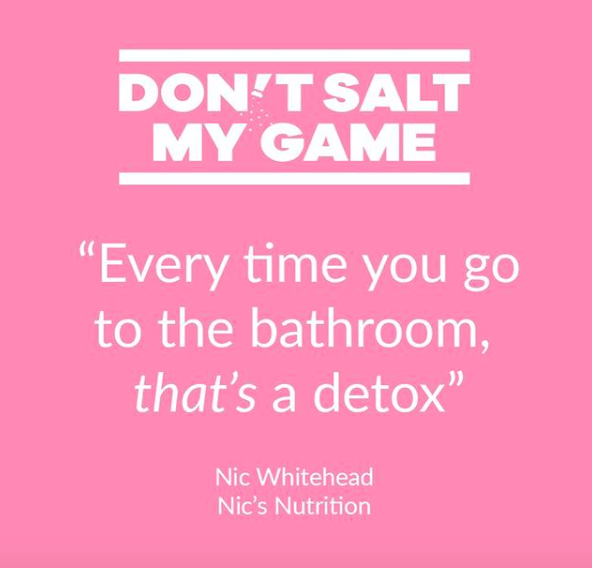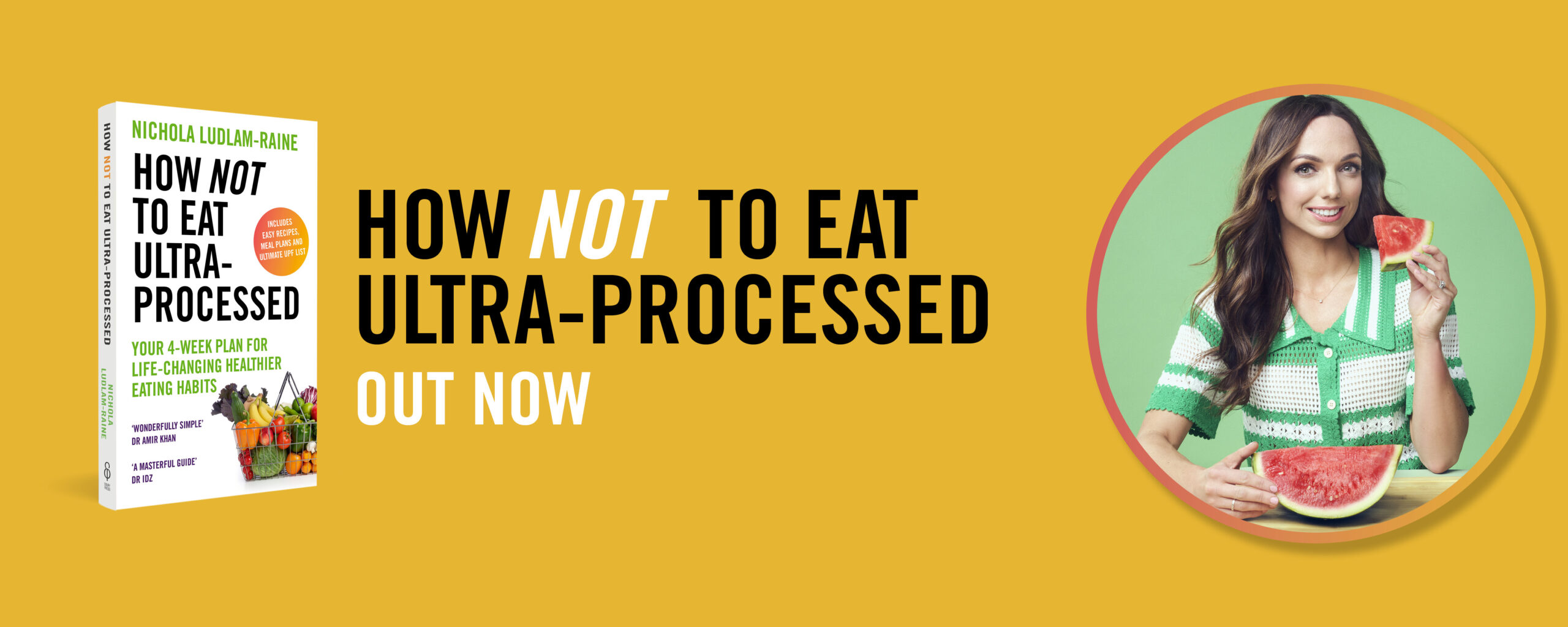
Every day we are bombarded with conflicting and often confusing messages from the media regarding what and how we should eat for our health, which is why the other week I headed down to London for the The Rooted Project event with the British Heart Foundation. The event was all about how to keep your heart healthy & prevent cardiovascular disease; did you know that it kills more women than breast cancer?
Below were my top 10 take home messages from the amazing speakers including expert dietitians Catherine Collins, Dr Tom Butler, Dr Duane Mellor as well as cardiologist Ramzi Khamis. I really hope you find them useful!
- 1) Nutrition is more than the sum of its parts (we eat FOOD not individual nutrients); variety is key to a healthy diet.
- 2) The fat vs. sugar debate is a false dichotomy; social interaction, activity, sleep, stress management and total diet (and not smoking/alcohol in moderation) are equally important. Stop trying to point the finger at an individual nutrient. Fat and sugar in moderation aren’t ‘bad’ for us.
- 3) How you eat is as important as what we eat; sit down at a table to eat, eat with your family and slow down! Eating mindfully helps to increase the amount of satisfaction that we get from our meals.
- 4) Don’t listen to people who say all processed food is bad. Most foods are processed to a degree, for example tinned sardines are a great oily fish.
- 5) If someone is selling a one size fits all approach, question if they’re qualified to talk about diet! The best diet is one that is flexible, doesn’t unnecessarily restrict foods/food groups and suits your lifestyle.
- 6) The Mediterranean diet isn’t a high fat diet; MUFA (monounsaturated fat) is high as a proportion to total fat, but total fat is not high. Approximately 30% of our daily calories should come from fat.
- 7) Heart healthy diets are varied and high in fibre; they are high in fruits and vegetables, fish, legumes, wholegrains, nuts, oily fish, olive oil and contain some dairy (but not always).
- 8) A big myth: the cholesterol in eggs and prawns doesn’t translate to increased blood cholesterol. Most people can eat these without worrying!
- 9) There is not enough evidence to recommend coconut oil over olive oil; use refined in cooking and extra virgin for a salad dressing; rapeseed oil is also good!
- 10) When you visit your GP they will be looking to keep your triglyceride (Tg) levels and LDL (small dense particles) low and HDL-C (happy cholesterol) levels relatively high. A diet low in sugar and alcohol, and high in fruits & veg (as well as regular exercise!) can help with this.
So as you can see, the best diet is a diet that is rich in colour but is also enjoyable; you diet shouldn’t unnecessarily restrict foods because after all, life is for living! Keep in the mind the 80:20 rule (which is actually more of a guideline) and you’ll do just fine! 😉
YOU CAN WATCH THE FULL EVENT HERE:
P.S. At the event I finally got to meet the amazing Laura Thomas, PhD who hosts the amazing podcast Don’t Salt My Game; she actually interviewed me a few weeks later for a special podcast titled ‘Sh*t Bloggers Say’ .. You can listen to it [here] or below & I really hope you enjoy it!


1 Comment